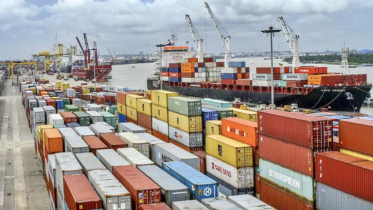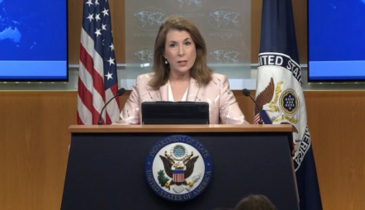Climate change threatens Bangladesh's apparel exports

A recent study warns that Bangladesh stands to lose a substantial $27 billion annually in apparel exports by 2030 unless it adopts a climate-adaptive approach to address the challenges posed by rising temperatures and floods.
The research, titled "Climate Resilience and Fashion's Costs of Adaptation," conducted collaboratively by Cornell University and Schroders, reveals alarming projections for the country's textile industry.
Presenting the findings at the Lakeshore Hotel in Dhaka, Jason Judd, Executive Director at Cornell University's Global Labor Institute (GLI), emphasized the urgent need for climate-resilient strategies. The study estimates that around 250,000 employees in the apparel sector could lose their jobs by 2030 due to climate-induced disruptions.
The research focused on key production hubs in Bangladesh, Cambodia, Pakistan, and Vietnam. The results indicate that these regions collectively face potential losses exceeding $65 billion in export earnings and may witness the elimination of close to 1 million jobs by 2030 due to climate-related challenges.
Looking ahead, the study forewarns that Bangladesh's predicament could worsen significantly, projecting a potential loss of $711 billion, equivalent to 68.5 percent of the nation's total foreign currency earnings from apparel exports, by the year 2050. The long-term consequences for Bangladesh are deemed "excruciating."
Moreover, the study cautions that fashion brands and retailers considering shifting their sourcing away from climate-vulnerable centers might encounter challenges in building the large-scale capacity they currently benefit from in South and Southeast Asia.
These findings underscore the critical importance of implementing climate-resilient measures in the apparel industry to safeguard economic stability, job security, and foreign currency earnings in Bangladesh and other vulnerable regions. Addressing climate change in the textile sector is not only an environmental imperative but also a crucial economic strategy for the long-term sustainability of these nations.
.png)









